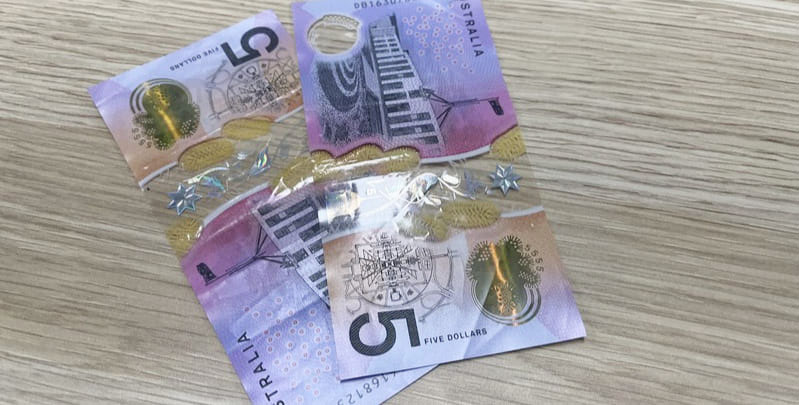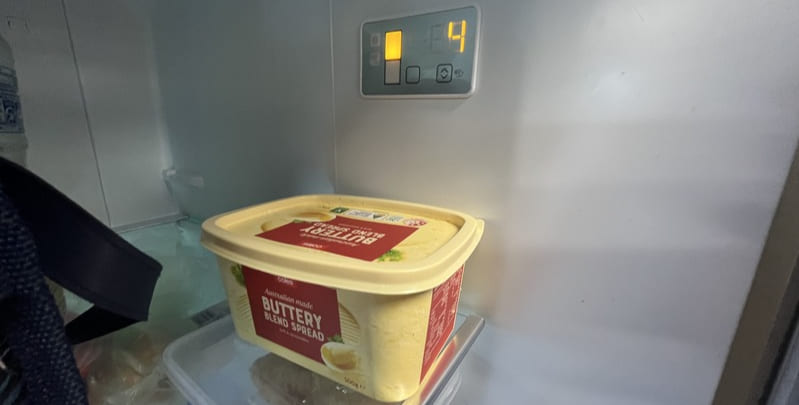Top Energy Saving Tips for Lower Electricity Bills

Are you tired of receiving high energy bills every month? Are you looking for ways to save energy and reduce your electricity costs?
Here are the top 10 energy saving tips to help lower your electricity bills. Implementing these strategies can save money, promote energy efficiency, and contribute to a greener future.
1. Maximise Energy Efficiency with Your Air Conditioner
Air conditioning can significantly contribute to high energy bills during hot summer months. To save energy without sacrificing comfort, consider the following tips:
- Set your air conditioner to a moderate temperature. Raising the thermostat by a few degrees can greatly affect energy consumption.
- Use a programmable thermostat to adjust the temperature based on your daily routine.
- Keep doors and windows closed when the air conditioner is running to prevent warm air from entering.
- Clean or replace air filters regularly to ensure proper airflow and maximum efficiency.
If you have a reverse cycle air conditioner, you can also adapt these energy saving tips to effectively heat your home during the cooler winter months.
2. Harness the Power of Solar Energy
Solar power is a renewable energy source that can help you save money in the long run. Consider these energy saving tips as a means of lowering your energy bills:
- Install solar panels on your roof to generate electricity for your home.
- Use a solar hot water system to heat water, reducing the reliance on electricity or gas.
- Explore feed-in tariffs, which allow you to sell excess solar energy back to the grid. They can further offset your energy costs.
3. Optimise Hot Water Usage
Hot water consumption can contribute to high energy bills. Here’s how you can conserve hot water and save energy:
- Lower the thermostat on your water heater to a comfortable yet energy-efficient temperature.
- Take shorter showers and consider installing a low-flow showerhead.
- Wash clothes in cold water whenever possible.
- Insulate your hot water pipes to reduce heat loss.

4. Embrace Natural Light
Utilising natural light not only saves energy but also enhances the ambience of your home. Follow these energy saving tips to maximise natural light:
- Open curtains and blinds during daylight hours to allow sunlight in.
- Use light-coloured, reflective curtains or shades to optimise the diffusion of natural light.
- Consider installing skylights or light tubes to bring in more natural light, especially in darker areas of your home.
5. Tame Standby Power
Standby power, or vampire power, refers to the energy that electronic devices consume when they’re plugged in but not being used. Reduce standby power with these strategies:
- Unplug devices or use power strips with an on/off switch to easily disconnect multiple devices.
- Use energy-efficient power points or smart power strips that automatically cut off power to devices when they are not in use.
- Avoid leaving chargers plugged in when they are not actively charging.
6. Conduct an Energy Audit
An energy audit can provide valuable insights into your energy consumption patterns. Consider the following:
- Hire a professional energy auditor to assess your home’s energy efficiency. If you wish, you can also attempt it yourself using a comprehensive home energy audit checklist.
- Identify areas where energy is wasted, such as poor insulation or inefficient appliances.
- Implement the recommended improvements to reduce energy consumption and lower your energy bill.
7. Optimise Heating and Cooling
Heating and cooling contribute significantly to energy costs. Try these energy saving tips:
- Insulate your home properly to prevent heat loss during the winter and reduce the need for excessive heating.
- Close curtains or blinds at night to retain heat inside your home.
- Use fans strategically to enhance cross ventilation and circulate cool air during the summer months.
8. Efficient Use of Appliances
Your household appliances can be optimised for energy efficiency. Consider the following energy saving tips:
- Only run your dishwasher, washing machine, or clothes dryer with full loads to maximise efficiency.
- Set your refrigerator’s temperature to the recommended level (around 3-5 degrees Celsius) and defrost it regularly.
- Use the economy cycle on your dishwasher and washing machine whenever appropriate..
- Clean the lint filter on your dryer after each use to maintain optimal performance.
9. Miscellaneous Energy Saving Tips
Here are a few additional energy saving tips to further reduce your energy consumption, save electricity, and lower your bills:
- Close windows and doors when heating or cooling your home to prevent hot or cold air escaping.
- Invest in door seals and door snakes to minimise drafts.
- Consider using electric blankets or warmer clothing to stay cosy during colder months.
- Limit high-energy appliances, such as swimming pool pumps, or find ways to optimise their energy usage.

10. Electrical Maintenance Services
In addition to implementing these energy saving tips at home, professional electrical maintenance services can play a crucial role in maximising energy efficiency, running costs, and lowering your electricity bills. Here’s how:
- Regular inspection and maintenance: Booking a licensed electrician for periodic inspections and maintenance ensures that your electrical systems remain in optimal condition. Faulty wiring, outdated appliances, or inefficient electrical systems can lead to wasteful and unnecessary energy consumption. Identifying and addressing these issues promptly can help reduce your energy waste and, in doing so, save you money.
- Energy-efficient lighting solutions: An electrician can recommend and install energy-efficient lighting options like LED bulbs. LED lights consume significantly less energy than traditional incandescent bulbs – around 75% less – and have a longer lifespan. This helps reduce electricity bills by saving energy and fewer bulb replacements.
- Power factor correction: The power factor measures how effectively electrical power is being used. An electrician can assess your power factor and install devices such as capacitors to improve power factor correction. This ensures that your electrical systems operate efficiently. It helps to minimise energy losses and reduce electricity costs.
- Energy-efficient appliance installation: An electrician can advise you on the most energy-efficient options when replacing or upgrading your appliances. Energy-efficient appliances, such as refrigerators, air conditioners, and heating systems, consume less energy while delivering the same or better performance. Proper installation by an electrician delivers optimal operation and potentially greater energy savings.
- Energy monitoring and management systems: Electrical maintenance services can install energy monitoring systems that provide real-time data on your energy consumption. This information helps you identify areas of high energy usage and make informed decisions to reduce energy waste and lower your electricity bill.
Now’s the Time to Save Energy
Lowering your electricity bills and promoting energy efficiency doesn’t have to be complicated. These top energy saving tips can significantly impact your consumption and reduce your energy bill.
From optimising your air conditioning and hot water usage to embracing natural light and solar power, numerous ways exist to save energy and contribute to a greener future.
So, start making changes today and enjoy the benefits of reduced energy costs, environmental sustainability, more energy ratings and a more comfortable home.
Please note: This information is provided for advice purposes only. Regulations differ from state to state, so please consult your local authorities or an industry professional before proceeding with any work. See our Terms & Conditions here.